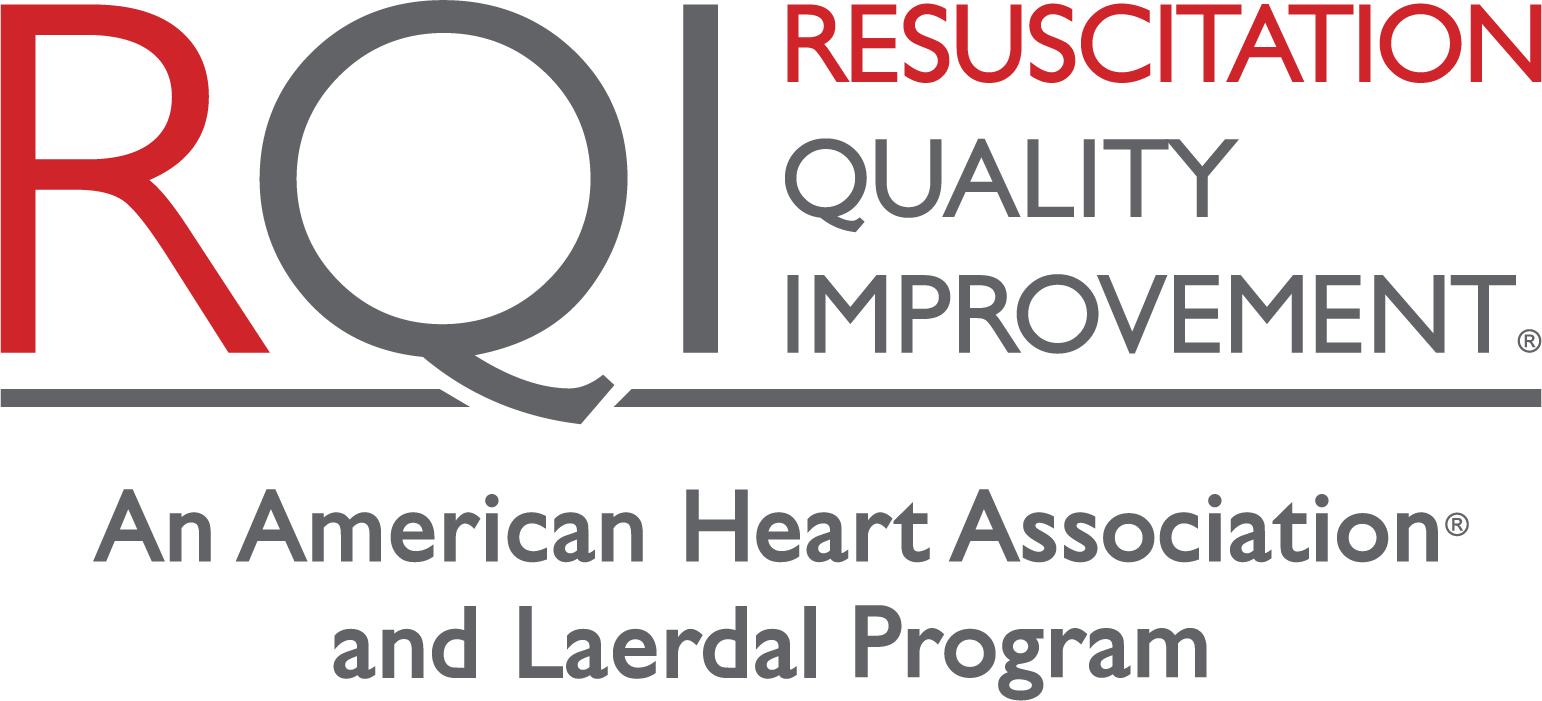Undergraduate nursing students’ acquisition and retention of CPR knowledge and skills
Undergraduate nursing students demonstrated a significant decay of both CPR knowledge and skill 10 weeks following CPR training.
Assessment, Contextual Learning, Debriefing, Deliberate Practice, Feedback, Low Dose, High Frequency, Mastery Learning
Resuscitation Education Science: Educational Strategies to Improve Outcomes From Cardiac Arrest: A Scientific Statement From the American Heart Association
Low Dose, High Frequency, RQI-Based
Baseline Cardiopulmonary Resuscitation Skill Performance of Nursing Students is Improved After One Resuscitation Quality Improvement Skill Refresher
Adaptive Learning, International
An Exploratory Study of a Novel Adaptive e-Learning Board Review Product Helping Candidates Prepare for Certification Examinations
Education Science Guidelines, Mastery Learning
Part 6: Resuscitation Education Science: 2020 American Heart Association Guidelines for Cardiopulmonary Resuscitation and Emergency Cardiovascular Care
Adaptive Learning, International, Low Dose, High Frequency
Adaptive Spaced Education Improves Learning Efficiency: A Randomized Controlled Trial
Adaptive spaced education boosts learning efficiency, allowing students to achieve learning with substantially less effort.
Adaptive and Perceptual Learning Technologies in Medical Education and Training
Adaptive learning technology can optimize learning for each individual, embed objective assessment throughout learning, and implement mastery criteria.
Effectiveness of an Adaptive Quizzing System as a Self-Regulated Study Tool to Improve Nursing Students’ Learning
Novice to Expert: An Exploration of How Professionals Learn
Uncovering the difference between how novices and experts learn can help shape programs and enhance the learning outcomes for novices and experts.
